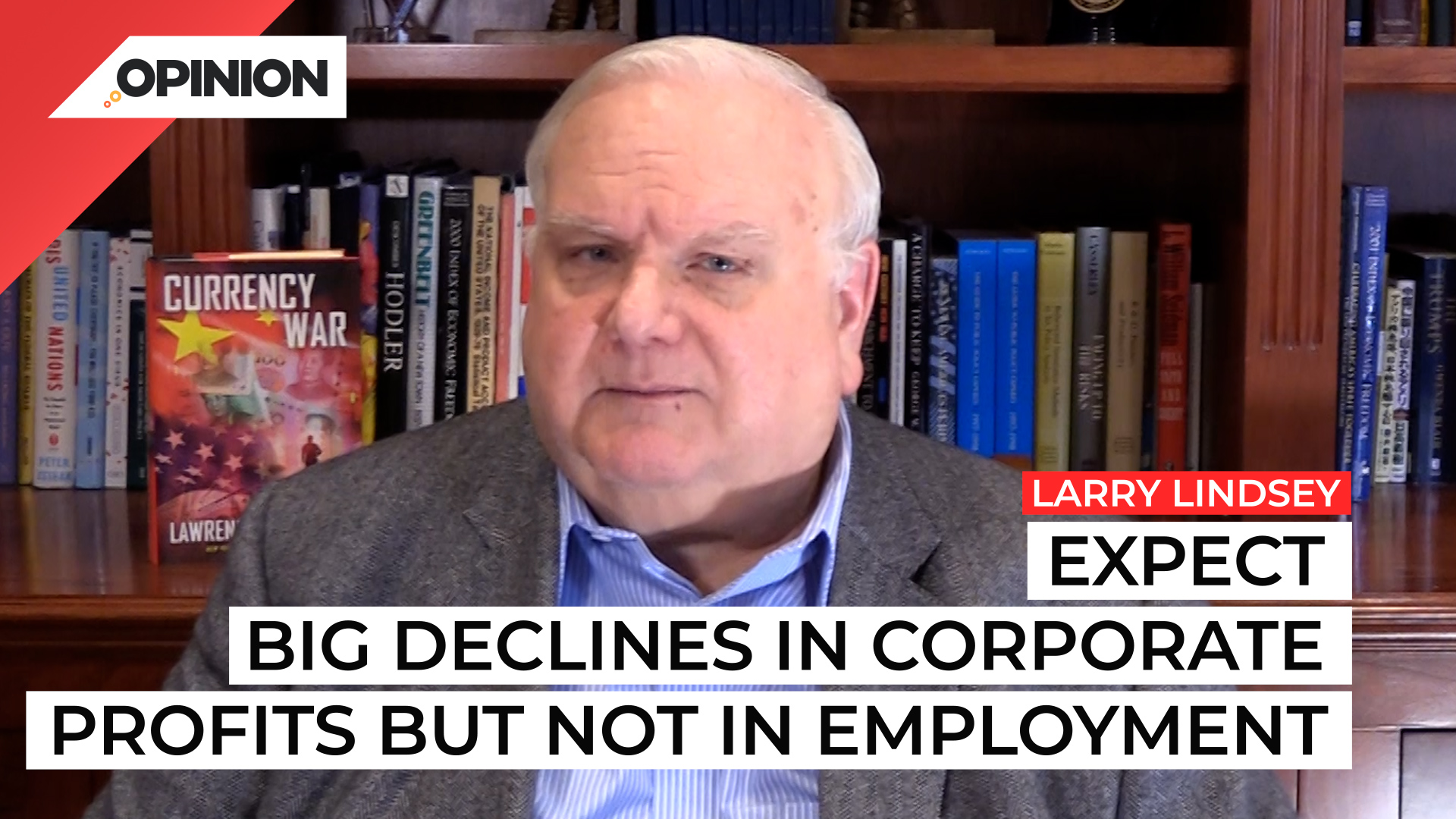
Commentary
-
Our commentary partners will help you reach your own conclusions on complex topics.
Economists are often wrong, but there’s still a lot to be learned from economics. Right now, when economists and people in stock market are talking about is the possibility of a recession.
The business surveys that are coming in all suggest that perhaps the economy is already in a recession. But the employment situation is very tight. So we have to think about what kind of recession we’re actually going to have.
Joseph Schumpeter, a 20th century economist, said that recessions are part of the process of creative destruction. The idea is that places where too much capital has been put, will have to shrink in a recession. And that allows new industries to use that capital to grow. So creative destruction is an important thing to think about.
We might think back, for example, to the problems in the housing industry in the mid 2000s. Money poured into housing, in fact got to be costing too much, became speculative. What the recession of 2008-2009 did was to take capital out of the housing market, and redeploy it in other industries, including technology.
Well, today, it is the tech sector that probably has too much capital in it. Consider just six stocks, which are often called “FANG+M”. They are Facebook, Amazon, Apple, Netflix, Google, and Microsoft – Fang M. Now they dropped from 23% of the value of the stock market, back at the beginning of 2022, to just 18% now. That’s a pretty significant plunge.
Another way of looking at it is the value of just those six stocks was $10 trillion at the beginning of 2022 versus $7 trillion now. That’s a decline of 30%. If you look at all the other stocks in the S&P, what happened was they dropped from just $33 trillion to $32 trillion, a decline of just 3%. In other words, three quarters of all the decline in the stock market that we’ve seen during 2022 was due to just six stocks.
You’ll also note that if you listen to where layoffs are occurring, the big announcements are in the tech industry, who have been laying off several thousand workers, some say that number could be as high as 80,000 workers. Well, why was there too much capital in the tech sector? The size of the sector, the stock market value, grew 10 times in the space of just 10 years, 10 times. Now, a lot of it had to do with public attraction to some hot ideas. We went from 6% to 23% of the stock market over that time, as new technologies excited the public.
One other aspect of the tech sector is that it’s dominated by quasi-monopolies. They aren’t complete monopolies. These are firms that are large enough to have bargaining power. For example, there really is no substitute for Facebook. Apple, I suppose, is competing with Android systems. Google is the go-to place for search engines, for example. And each of these quasi-monopolies has a lot of power with regard to setting prices.
Now, that’s starting to fade as well. Consider the idea that these are hot new ideas. Things are a little bit tighter now. And people may ask themselves, do I really need a new cell phone this year? Or can mine wait? And with regard to being too big, just Apple and Microsoft have 46% of the information technology business. Alphabet, Meta and Netflix have 41% of the communication services business.
So the other thing that happens over time is these quasi-monopolies face new competition. Right now they seem to be going after each other’s markets, for example. And when competition comes in, prices tend to be constrained and even come down.
If you think back to the robber barons, for example, oil industry, the steel industry, for example, those industries eventually were faced with more competition. And so the value of those monopolies declined.
What are we going to see in this recession, then? First, I think we’re going to see a big decline in corporate profits. And with that, a big decline in share prices. On the other hand, we’re probably not going to see much of a decline in employment, which is what most people think defines a recession. So this is going to be a different kind of recession. And we should think about it in those terms.
-
Election 2024 will boil down to the Great Lakes states
Pollsters and pundits have been engaged in a long debate about how Biden or Trump might win the 2024 election, with much of their focus spent on the “swing state” electoral battlegrounds. While the winners of Alabama or California may be obvious, for instance, who wins Pennsylvania is a more difficult question. Watch the above…
-
Why the Fed should consider Theory of Reflexivity when fixing policy
The Theory of Reflexivity, often used in the context of economics and financial markets, implies that investors don’t base their decisions on reality but on their perceptions of reality. This creates a feedback loop where investors’ perceptions influence economic fundamentals, which in turn alter investor perceptions. Watch the above video as Straight Arrow News contributor…
-
Federal Reserve surpassed its own wildest expectations
On May 14, the U.S. Bureau of Labor Statistics released the most current producer price index (PPI) report, which showed an increase of 0.5% month-over-month in April. After the report’s release, U.S. Federal Reserve chairman Jerome “Jay” Powell said that while he believes the current policy rate is restrictive by many measures, the Fed needs…
-
Polls give slight advantage to Trump in Electoral College
With the U.S. general election only six months away, leading candidates President Joe Biden and former President Donald Trump appear to be engaged in a very close contest. In their 2020 race, the winner of the Electoral College was ultimately determined by a relative handful of voters in just a few swing states, even though…
-
College sports is big money but not everyone benefits
March Madness has wrapped up and Caitlin Clark has emerged as a household name as well as a wealthy student athlete. Earning over $3 million throughout her college career, her success stands in stark contrast to the previous notion that collegiate athletes shouldn’t earn anything beyond their scholarship. Straight Arrow News contributor Larry Lindsey examines…
Latest Opinions
-
 U.S. Department of Defense
U.S. Department of Defense
Congress still trying to figure out how to reduce wasteful military spending
-
 DVIDS
DVIDS
US Navy, Air Force making waves with new weapons at RIMPAC
-
 Getty Images
Getty Images
Israeli PM Netanyahu meets with Trump at Mar-a-Lago
-
 Getty Images
Getty Images
Growing US nuclear power resurgence reaches the nation’s heartland
-
 Getty Images
Getty Images
Beer from the sun, other solar thermal projects get government funding
Popular Opinions
-
In addition to the facts, we believe it’s vital to hear perspectives from all sides of the political spectrum.


